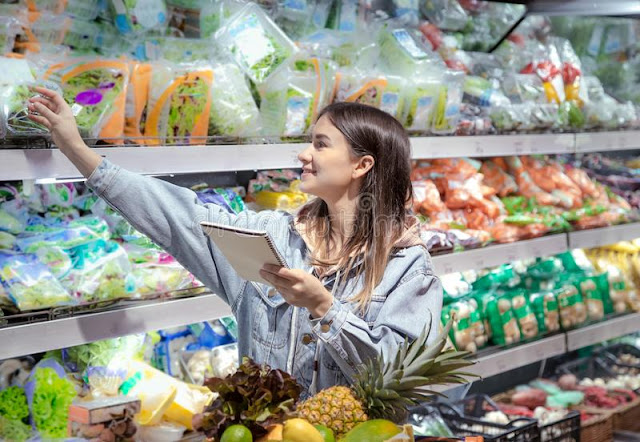Food packaging: meeting consumer demand for sustainability
Introduction
The USA wants more sustainable and environmentally friendly food packaging in cardboard box with lid. This is the main lesson that emerges from a study conducted by Cite, an organization that manages the sorting and recycling of packaging and paper in the USA, published at the end of 2018 (see below).
So how to meet their expectations? Insight and
examples of innovation, from Digipacks n ° 22 newsletters to inspire you.
Recyclability
of food packaging: consumer perception
How is the concept of
respect for the environment perceived by consumers when it comes to packaging?
The central associated idea is indeed that of the recyclability of custom packaging for small business:
in fact, 63% of the people questioned within the framework of the study
conducted by Cite associate. This is all the more true when it comes to food
products: in the ultra-fresh section, 70% of people would choose yogurts
without cardboard riders for this reason. With these figures in mind, how can
you innovate to satisfy your consumers better?
Packaging
innovations for inspiration
Packaging
is made exclusively from recycled plastics.
In the UK, this month
launched packaging made from 100% recycled polyethylene terephthalate. Intended
for ready-to-eat (prepared salads, etc.), this packaging limits the use of
virgin materials and is fully integrated into the circular economy by
transforming recycled black plastic into new packaging.
Plastic-free
packaging
Still, in the
ready-to-eat food department, the Rape company has developed 100% bio-based
sandwich packaging. The cardboard is made from stalks and leaves of rice,
wheat, corn, and sugar cane. A thoughtful way to exploit these harvest
by-products, most of the time burnt (only 20% of these by-products are
currently used). For cellulose film, these are wood fibers from sustainably
managed forests. Recyclable up to 7 times, this packaging is fully home
compostable.
Another innovation
without any plastic: packaging intended for meat offered by the company Covers.
80% recyclable and made from 75% renewable materials, these are made of
certified cardboard from sustainably managed forests to replace black plastic
trays.
Biodegradable
coffee capsules at home
Alpha has just
launched its solution in Australia: coffee capsules designed from bio-based
organic materials, mainly from sunflower bales. Biodegradable at home within
six months, these capsules are also available with a home composter to
encourage consumers to adopt these ethical practices.
Information
for consumers: not to be overlooked!
Easy to recycle, made
from recycled materials, etc.: While many innovation strategies can be
implemented to meet the demand for recyclability of packaging, be careful to
keep consumers well informed! Non-specialists can be confused by professional
mentions and not perceive all the innovation of the product - or how it respects
the environment.
Thus, while 86% of
respondents believe that the mention of "materials of plant origin"
is proof of the packaging's respect for the environment; they are only 46% when
the packaging uses the word "bio-based packaging." Explain the jargon,
the methods, and support your consumers in their eco-responsible approaches,
like the Alpha Company, to ensure that they fully understand your innovation.
For
further
To go further in your
packaging watch, access all of our content on the subject on our thematic
summary online. You can visit SM Custom Packaging. And to stay informed of
market trends, consumer expectations, and agrifood innovation, consider
subscribing to our blog (it's free!).




Comments
Post a Comment